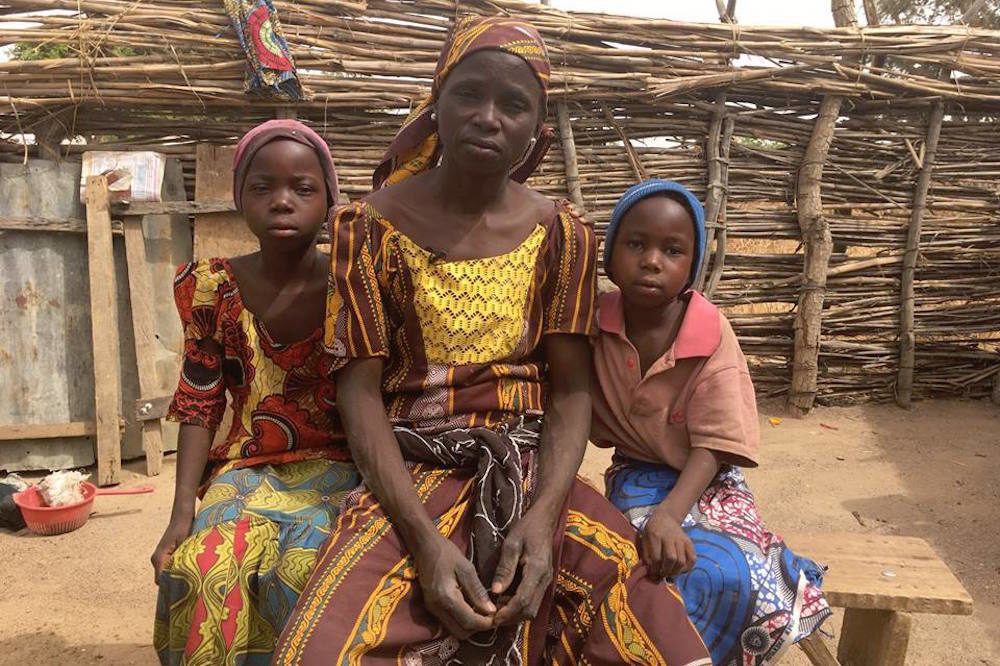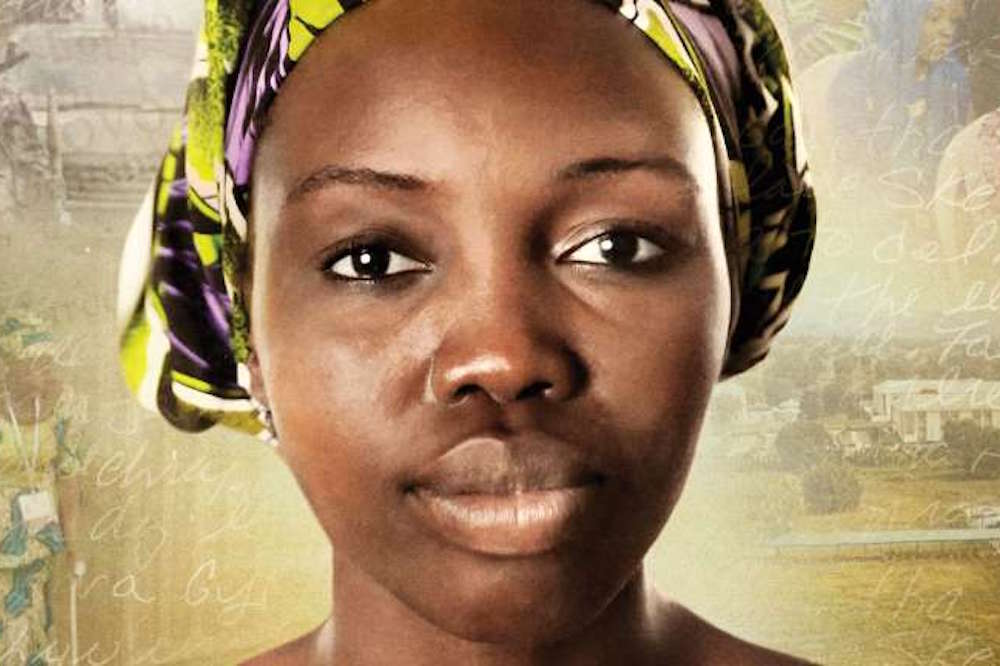Why we can feel close to the missing girls of Chibok
Chibok girls
By Aja Watkins, Global Youth Ambassador for A World at School – this article was published on her blog Of the Global Youth on July 23 – the day before the 100 Days vigils for the kidnapped Chibok schoolgirls in Nigeria.
I could, with a little effort, have woken up this morning, eaten breakfast, exercised, gone to class. I could have turned my eyes towards the summer leaves, rustling with humid Boston air, and the glistening buildings to the left and right.
Instead, for the 100th day, I awoke to the faces of Boko Haram insurgents and recalled my own imprisonment.
I would not like to dedicate this article to a discussion of violence, of the role women play in developing nations, or of the irresponsibility of the world’s governments who have so far failed to recover the lost Chibok girls.
I do not want to chronicle the extent to which this horror has brought together people across the globe and called much-needed attention back to the issue of universal education and of school safety. I only wish to remind those of you reading that the girls, despite that the media’s attention has turned to pressing coverage on conflict in Gaza or the plane crash in Ukraine, are still missing, and to explain why I still care.
I have never been to Nigeria, let alone Chibok, let alone a school there. And I have never met these girls, nor do I know anyone who has met these girls, nor their families, nor their friends. I have only seen them on the news.
I do not know their names. I do not know who they will become, or who they would have become had Boko Haram not so violently interrupted their lives. Yet somehow, when I hear about or imagine their distant pain, incomparable to anything I have known, I can feel a part of it too.
Malala Yousafzai, champion of girls’ education everywhere since her nearly-fatal encounter with the Taliban in 2012, called these girls her sisters when she visited their families on her birthday last week. Nicholas Kristoff, co-author of Half the Sky, calls the girls the nation’s treasure. I am trying to be perhaps more radical and consider the Chibok schoolgirls and myself to be one and the same.
There was probably a time in history when this wouldn’t have been a feasible stance to take; too much would separate a privileged, Caucasian, college student in America from young, impoverished schoolgirl in conflict-ridden Africa. Many would have considered the only factors that link us to be our gender, maybe our age.
Now, however, I believe that the world has, indeed, gotten smaller in this regard. It is not unthinkable that my future could hold in it something which the actions of these girls could influence. It is likewise not unthinkable that I could do something that would act causally towards them. Given enough luck and resources, we could shake hands someday. The worlds we live in are the same worlds. Therefore, I find it unavoidable to consider my relationship to the victims of the kidnapping, and so I cannot stop being concerned for their sufferings.
One hundred days is a long time for the rest of the world to not yet have reached this same conclusion. I do not want to live in a place where young children can be kidnapped from school and remain missing months later, we should be saying. I think that if enough of us were saying it, the girls would be found. We will create the world we wish to see, if the one we’re in now isn’t the one we want.
I understand that I am still distant from these girls. I cannot, within reason, drop everything and find them myself – in fact, I would certainly be unsuccessful. But I am doing what I can: spreading the word, keeping them in my thoughts, and being grateful for the safety with which my schools in my life have provided me.
It is also simple to send a message to the girls, or to use your monetary prosperity to alleviate their peers’ burdens. Getting involved on a larger scale is wonderful, but I don’t think it’s necessary for everyone to make this their sole passion in order for the situation to turn around for the better.
The safety of these girls – and of children and even adults everywhere – is, right now, in our hands. I do not want to have to write another one of these in another 100 days. I do not want this issue to slip through the cracks and be forgotten by generations to come.
Fifteen of the girls who escaped from Boko Haram went ahead and took their exams in June. They are brave, and they are trying to move on with their lives, but they have not forgotten. To show our support, if nothing else, neither should we.
More news

Five things you need to know this week about global education
